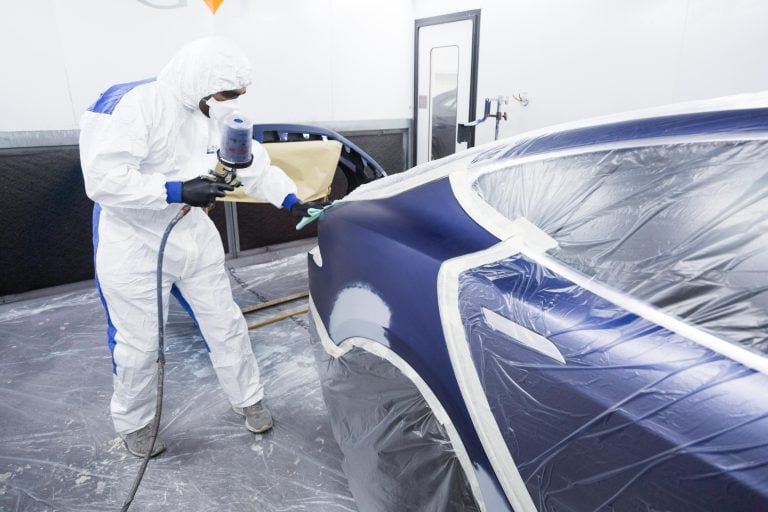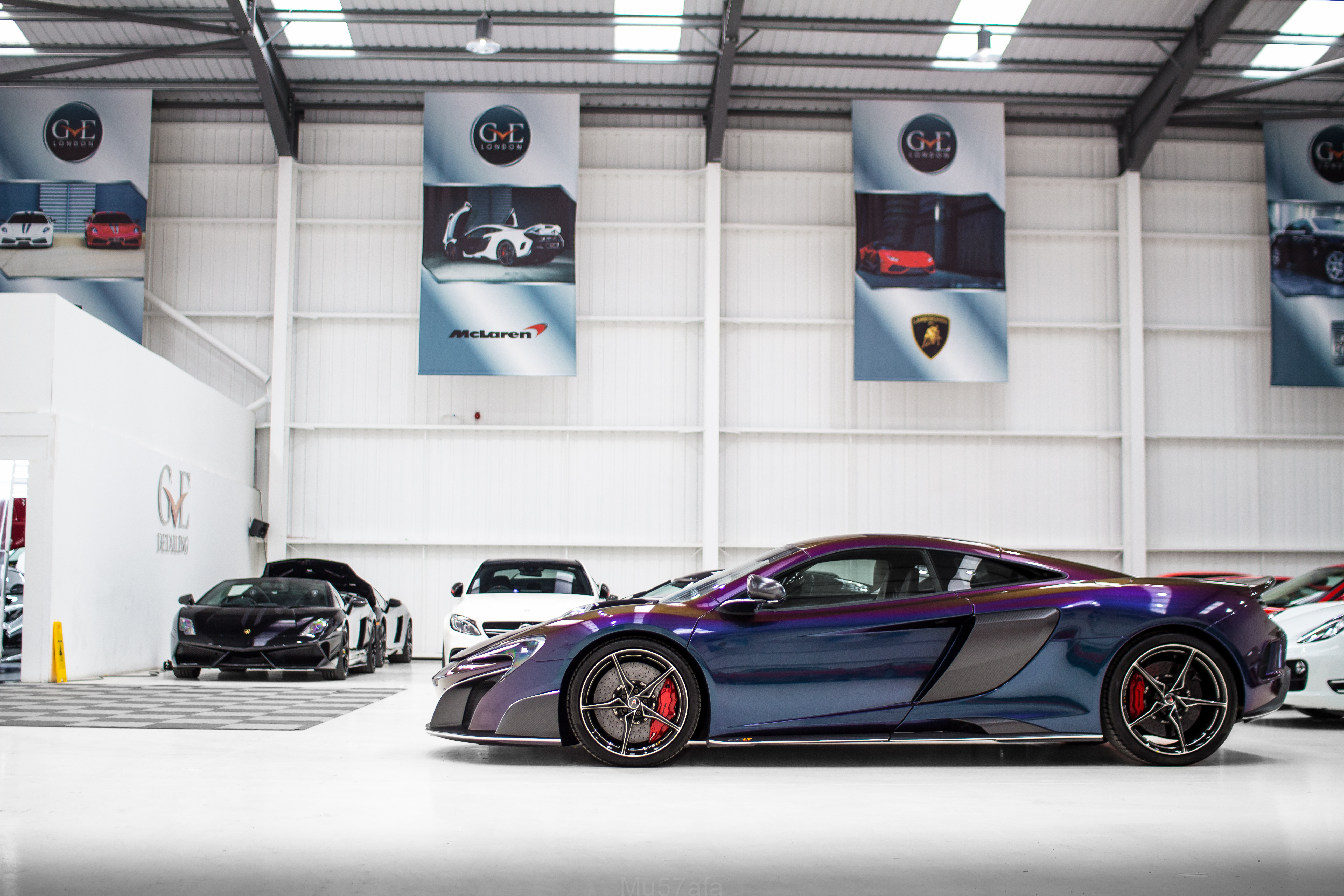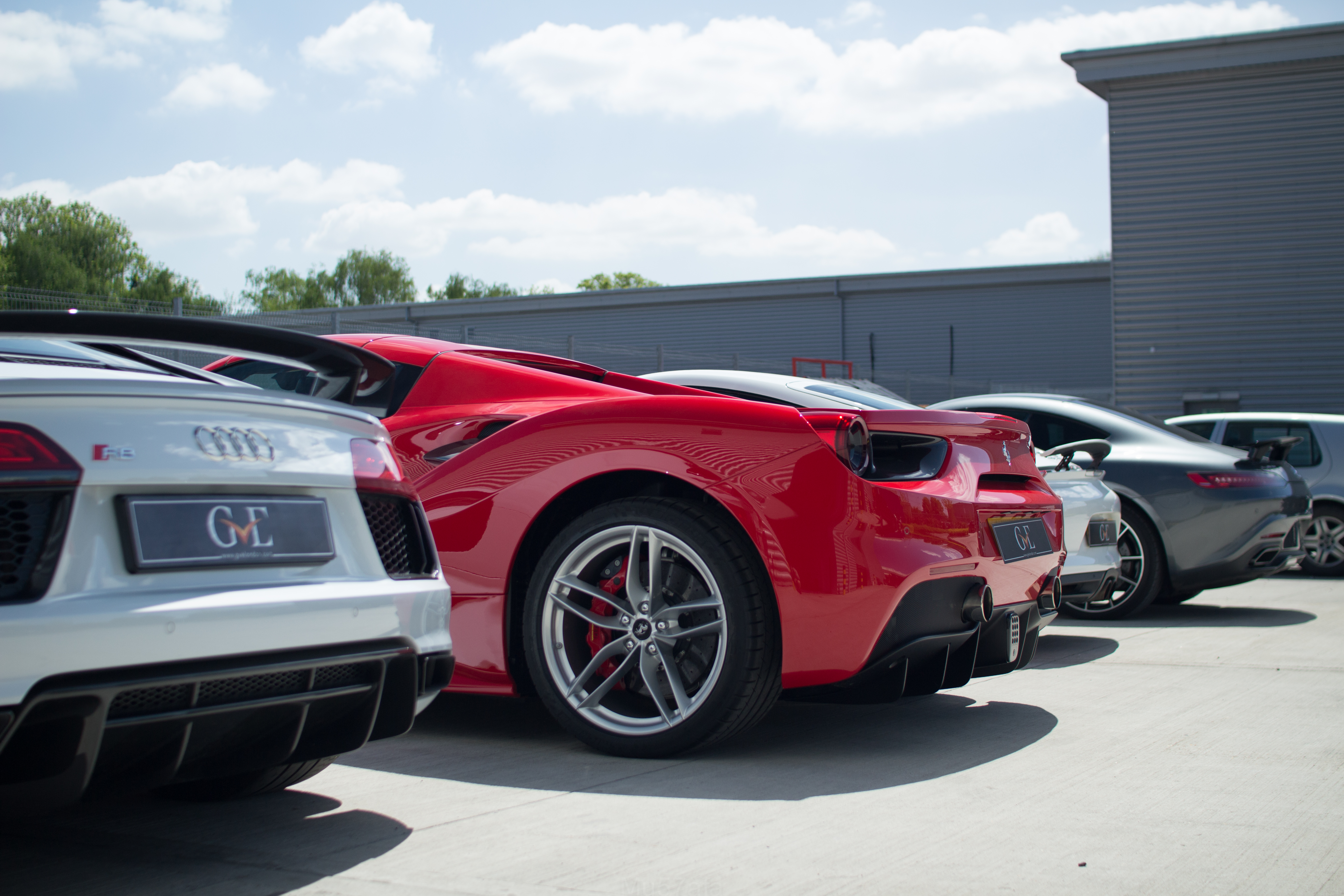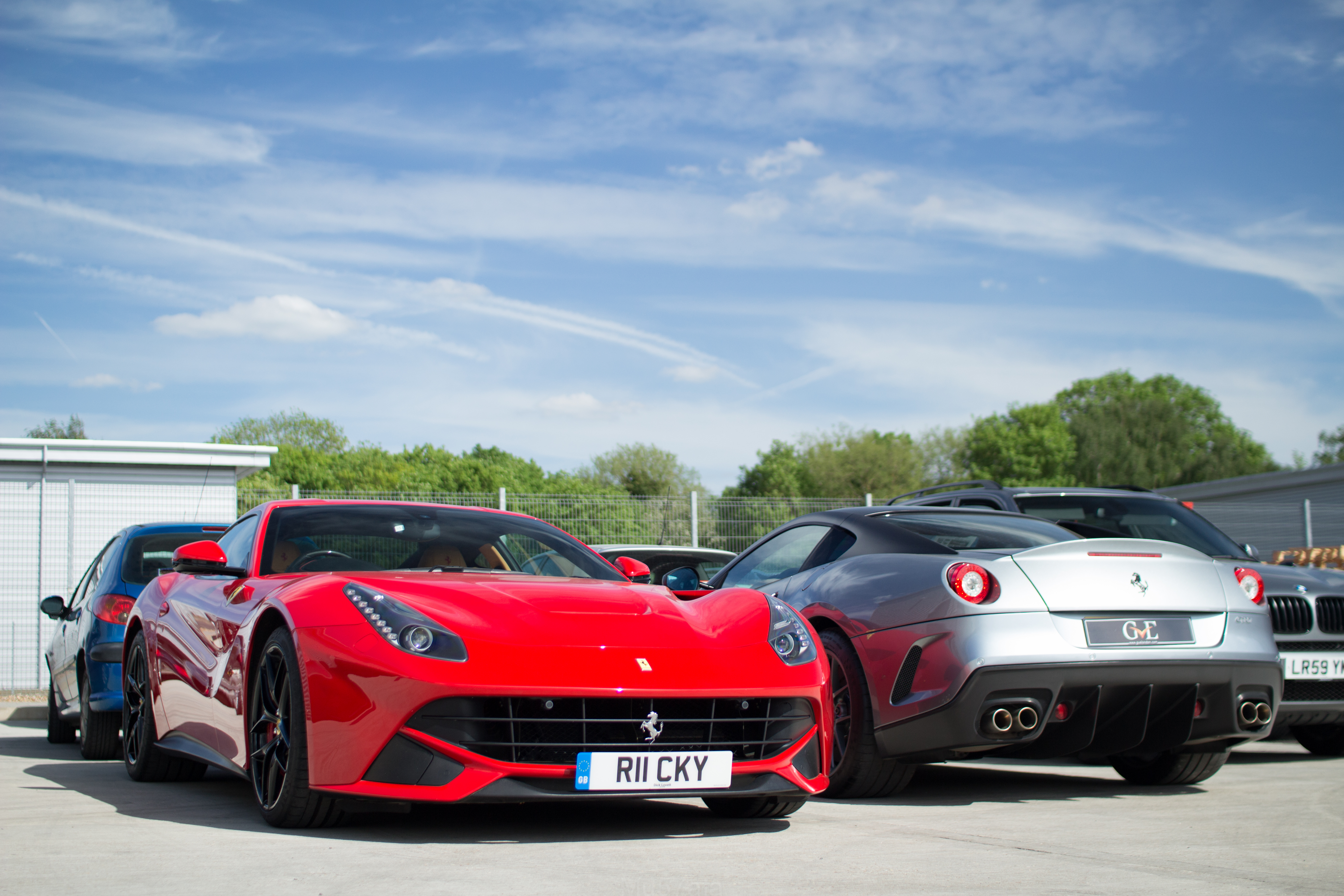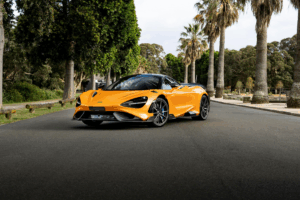- Showroom Case Studies
How Currency Exchange Rates Affect International Car Sales & Profits | GVE London – Blog
Exchange rates can make or break supercar exports. Learn how currency shifts impact pricing, profits, and buyer decisions for UK luxury car dealers.
Ask any international car salesman worth their salt and they’ll tell you that one of the factors that massively makes or breaks a deal is the current exchange rate. That’s right, it seems pretty obvious once someone points it out like that.
Supercars aren’t cheaper than £100,000, so even the smallest currency shift can ripple across borders, slashing profits or unexpectedly inflating them. Suddenly, the buyer cannot afford the car or the seller is not making profits. It’s not just finance teams that need to keep one eye on the currency markets. Dealers, exporters, and even collectors must watch them as well.
The Pound’s Strength: A Double-Edged Sword
As a citizen of the UK, you’d want a stronger pound. However, when you’re exporting cars from the UK, a strong pound isn’t really good news. If the pound, for example, strengthens against the Indonesian rupiah, that car the buyer was looking into suddenly becomes a lot more expensive for them. Keyword, a lot more, they were already paying a premium for it plus the pound is significantly stronger overall. They’ll be forced to shell out more of their local currency simply to pay the same amount in pounds. That’s enough for them to stop, reconsider and potentially haggle harder or opt out.
Now, flip the scenario. If the pound weakens, your UK-based supercar showroom like GVE London becomes a magnet for overseas buyers. It’s like having a sale without needing to hang a banner. Buyers from countries with stronger currencies see better value. That’s when international inquiries often surge.
How It Affects Profits
Let’s say you’re exporting luxury cars to Indonesia. The payment lands in rupiah, but you need to convert that back into pounds. Now, if the exchange rate moves against you between that little time between the sale and the actual transfer, your margins can shrink fast. You might quote a car at £150,000 and expect a profit of £15,000. But if the currency dips before the funds hit your account, you could lose a chunk of that. This could go either way, though, you might also get an unexpected bonus. Timing matters.
That is primarily why many exporters make use of currency hedging tools, they’re ways to lock in rates ahead of time. Sure, it isn’t glamorous but it can be the difference between profit and loss.
Read Also: Used vs. New Car Export: Which Market Brings Higher ROI?
Long-Term Strategy Matters
If you’re planning to export luxury cars to Indonesia on a regular basis, you need a base strategy as well as the ability to work around and with present-moment currency trends.
Some UK dealers build relationships with local agents or offer to set prices in dollars (due to its stability). Others, on the other hand, work with international banks to manage risk. Profits aren’t made at the moment a car is sold, only when money crosses the border.
Buyers in Indonesia often prefer high-end British brands, thanks to the UK’s reputation for luxury and performance. But import duties, shipping costs, and currency rates all factor into their buying decision.
Getting the timing right can help close the sale. Getting it wrong? You could lose the client entirely.
What Supercar Showrooms Should Keep in Mind
For any supercar showroom involved in exports, especially to regions like Southeast Asia, flexibility is key. Stay in touch with currency trends. Use finance partners who understand the automotive export business. And communicate clearly with international buyers about how exchange rates might affect final pricing. A little transparency goes a long way.
Also, always account for the lag between quote and payment. Currency markets don’t sit still. Locking in the rate, even if it costs a small fee, can protect your sale from unexpected swings.
Final Thoughts
The link between currency exchange and exporting cars from the UK affects your pricing, your profits, and your relationships with buyers abroad. Every transaction is a moving target. The more you understand how the pound’s movement affects overseas interest, the better you’ll be at closing deals without losing sleep over shifting numbers. We here at GVE London have been involved in luxury car export for years and have seen it all. From customisation to restoration and detailing to sales, they can do it all. Get in touch with us today!
Frequently Asked Questions
One of the smartest ways is to lock in your exchange rate at the time of sale. That way, even if the currency moves between then and when you actually get paid, your profit stays intact. Many exporters also work with banks or currency specialists to manage these risks.
Because buyers are converting their local currency to pounds. If the pound is strong, your car looks more expensive on their end. If it’s weaker, it feels like a discount. That can be the difference between someone saying yes now or holding off for months.
Definitely. A weaker pound can bring in more overseas buyers who want to take advantage of better prices. Some showrooms even see a spike in international enquiries when the exchange rate swings in their favour.
Contact Us
"*" indicates required fields
OUR SERVICES
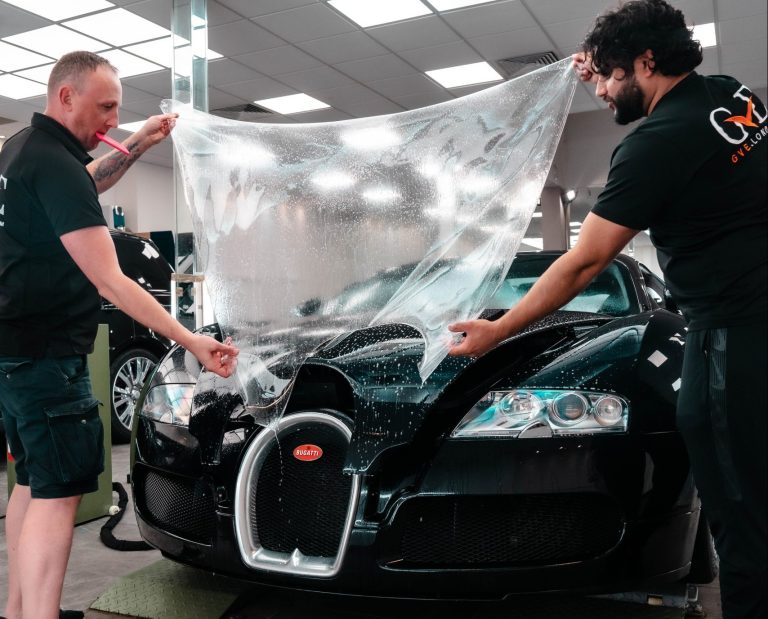
PAINT PROTECTION FILM
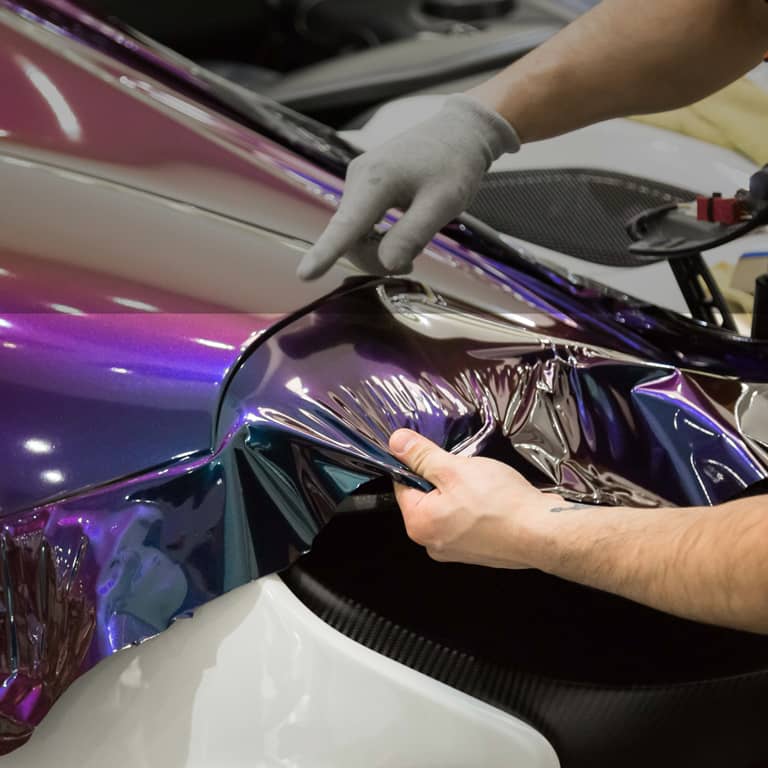
WRAPPING
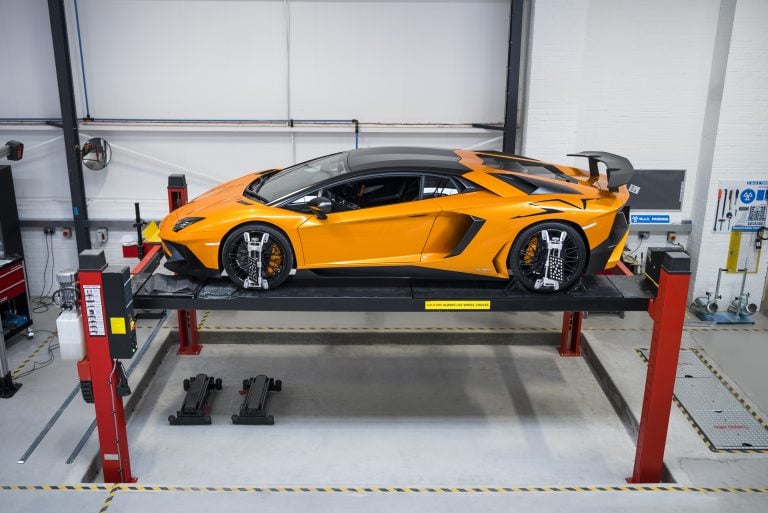
SERVICING
